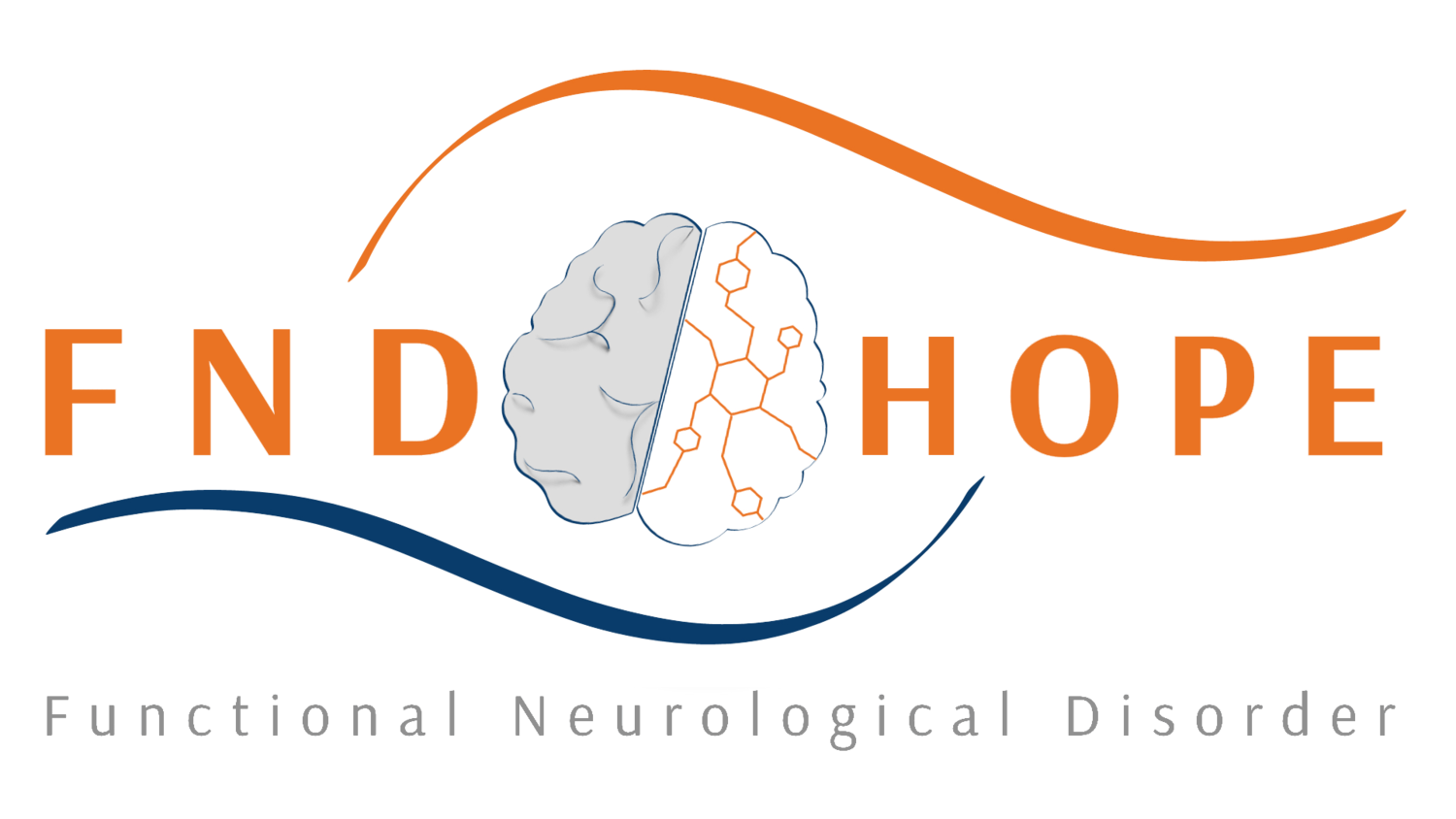Balancing Emotions: A Guide to Emotional Wellness

Balancing Emotions: A Guide to Emotional Wellness
Achieving emotional wellness is a journey that involves understanding, managing, and nurturing one’s emotions. In this article, we’ll explore the importance of emotional wellness and provide practical insights for cultivating a balanced and resilient emotional state.
Understanding Emotional Wellness
Emotional wellness goes beyond the absence of mental health disorders; it encompasses a state of well-being where individuals can understand, express, and manage their emotions effectively. This involves recognizing and validating one’s feelings, fostering self-awareness, and developing emotional intelligence.
The Impact of Emotional Wellness on Overall Health
Emotional wellness is intricately connected to overall health and well-being. Chronic stress, unmanaged emotions, and emotional imbalances can contribute to physical health issues. Conversely, a strong sense of emotional wellness can enhance immune function, promote better sleep, and contribute to a more resilient response to life’s challenges.
Cultivating Self-Awareness
A key component of emotional wellness is cultivating self-awareness. This involves paying attention to one’s thoughts, feelings, and behaviors without judgment. Self-awareness allows individuals to identify patterns, triggers, and areas of growth, laying the foundation for intentional emotional management.
Embracing a Positive Mindset
Maintaining emotional wellness often involves embracing a positive mindset. This doesn’t mean ignoring negative emotions but rather adopting a constructive perspective. Practicing gratitude, focusing on strengths, and reframing challenges as opportunities contribute to a positive and resilient mindset.
Effective Stress Management
Stress is an inevitable part of life, but effective stress management is essential for emotional wellness. Techniques such as mindfulness, deep breathing exercises, and physical activity can help reduce stress levels. Prioritizing self-care and setting boundaries are also crucial aspects of managing stress.
Building Healthy Relationships
Social connections play a significant role in emotional wellness. Building and maintaining healthy relationships contribute to a supportive and fulfilling emotional environment. Effective communication, empathy, and the ability to establish boundaries are essential for cultivating positive connections.
Seeking Professional Support
Sometimes, achieving emotional wellness may require professional support. Therapists, counselors, and mental health professionals can provide guidance, tools, and strategies for managing complex emotions, past traumas, or persistent challenges. Seeking help is a proactive step towards emotional well-being.
Mindfulness and Emotional Resilience
Mindfulness practices, such as meditation and mindful breathing, enhance emotional resilience. By staying present in the moment and cultivating a non-judgmental awareness of thoughts and feelings, individuals can navigate stressors more effectively and build emotional strength.
Emotional Wellness in Daily Life
Emotional wellness is not a destination but an ongoing process integrated into daily life. It involves making conscious choices that prioritize mental and emotional health. Regular self-reflection, meaningful connections, and intentional self-care routines contribute to sustained emotional well-being.
Explore More about Emotional Wellness at Oofamily.com
For additional insights and resources on emotional wellness, visit Emotional Wellness. Discover articles, tools, and guidance to support your journey towards a balanced and resilient emotional life. Prioritize emotional wellness for a healthier and more fulfilling existence.
In conclusion, balancing emotions and nurturing emotional wellness is a continuous and proactive journey. Understanding emotions, cultivating self-awareness, and adopting positive practices





